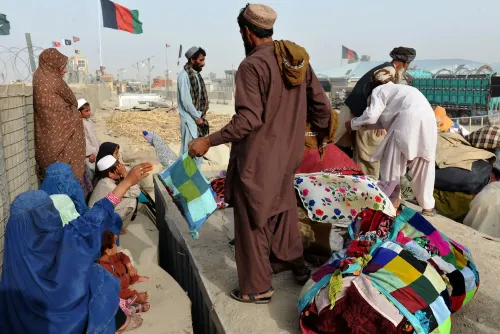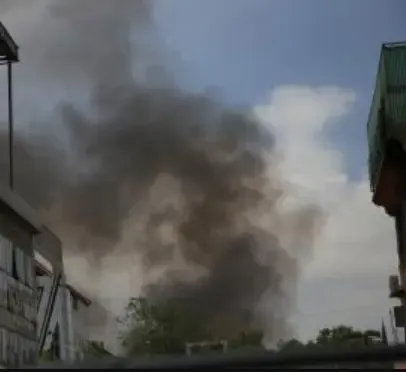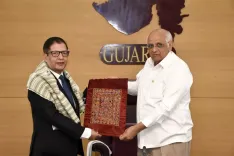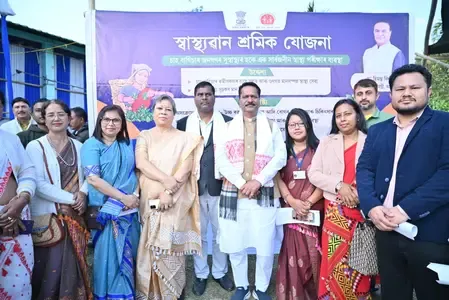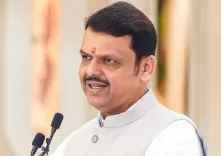Can Doval-Drouin Talks Lead to Action Against Khalistan Terrorists?
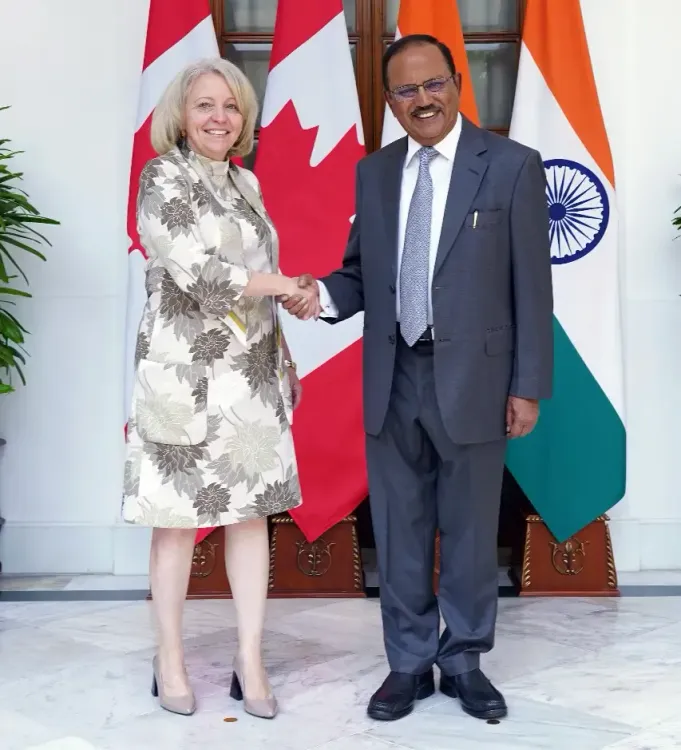
Synopsis
Key Takeaways
- Improving Diplomatic Relations: Recent talks suggest a shift towards collaboration between India and Canada.
- Khalistani Threat: The Khalistani movement poses a significant risk to both India and Canada.
- Intelligence Sharing: Both nations have agreed to share intelligence to combat terrorism more effectively.
- Action on Extradition Requests: India awaits action on its numerous extradition requests concerning terror-related offenses.
- Growing Aggression: Khalistani elements have become increasingly aggressive within Canada, highlighting the urgency of the situation.
New Delhi, Sep 23 (NationPress) The relationship between India and Canada had faced challenges due to unfounded accusations made by Justin Trudeau concerning the Khalistan situation. Following Trudeau's resignation and the establishment of a new government under Mark Carney, diplomatic ties are gradually improving, albeit at a measured pace.
Indian authorities have found renewed optimism as reports from Canadian Intelligence indicated that Khalistan factions were exploiting Canadian territory for financing terror-related operations. Although India harbored doubts about the potential for action against these Khalistani operatives in Canada, the recent apprehension of Inderjeet Singh Gosal, a prominent figure in the Khalistan referendum initiative, signifies a positive development.
India is now optimistic that Canadian authorities are beginning to recognize the seriousness of the issue and are willing to engage more collaboratively.
National Security Advisor Ajit Doval has been at the forefront, leading a team dedicated to cooperating with Canadian agencies. India has shared dossiers and intelligence regarding Khalistan operatives, which have facilitated collaboration, culminating in Gosal's arrest.
Officials noted that this isn't the first instance of India supplying Canada with intelligence and dossiers. The key difference now is that Canada appears more inclined to take action, contrasting past occurrences where such information was overlooked.
Doval and his team have emphasized that these individuals are not merely advocacy groups but are affiliated with a terrorist organization supported by the ISI, as indicated by Indian intelligence.
The pivotal shift in relations came after a recent meeting between NSA Doval and his Canadian counterpart, Nathalie Drouin, earlier this month. This engagement marked a reset in bilateral relations, with both parties agreeing to tackle the Khalistan issue decisively.
Doval and Drouin are committed to working in tandem and sharing intelligence on this matter.
Moreover, both nations have pledged to address the Khalistan issue on a diplomatic front. It is crucial for Canada to recognize the severe threat posed by Khalistani elements.
Canada has acknowledged that these individuals are not only using its territory to orchestrate attacks against India but have also become increasingly aggressive domestically.
A recent incident where Khalistani members instructed a group of Canadians to vacate the country, claiming ownership, exemplifies the growing desperation and danger posed by these factions.
An intelligence assessment reveals that Khalistani movements have been largely unsuccessful in India. Numerous attempts to regroup in Punjab and pursue a separate nation have faltered due to enhanced security measures, along with the apparent disinterest of the youth in this movement.
This frustration has led to a surge in aggressive propaganda in Canada, ultimately jeopardizing the country's interests.
Officials explain that a comprehensive reset will require time, with considerable work ahead, particularly concerning the Khalistan movement. The arrest of Gosal serves as a significant initial step in this ongoing battle.
India has submitted 26 extradition requests to Canada, of which only five have been resolved, leaving the rest pending. India has previously criticized Canada for inaction on this matter. The Ministry of External Affairs stated that these requests pertain to individuals charged in India with terrorism and related offenses, and India has also sought provisional arrests.


